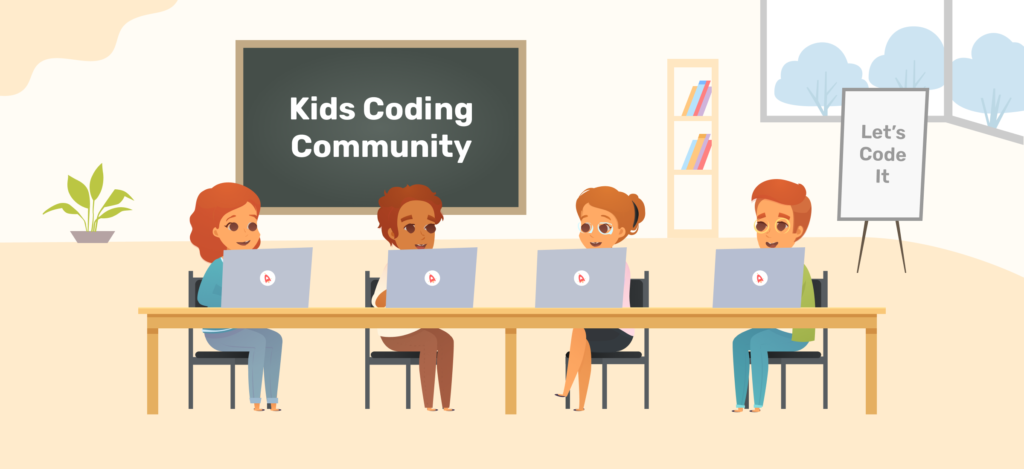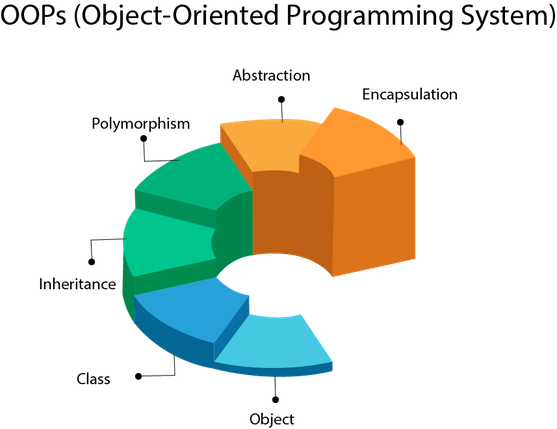
What is object oriented programming?
Explain.
- OOPs stands for Object-Oriented Programming. It’s a programming paradigm that is used to structure and design code in a way that is more organized and easier to understand.
- The basic idea behind OOPs is that instead of just writing code as a series of instructions that a computer follows, you define “objects” that have specific characteristics and behaviors.
- These objects can interact with each other, and the code you write becomes more modular and reusable.
- Example: Think of it like building with Legos. Each Lego piece has its own shape, size, and function. When you put them together, you can create complex structures that are made up of many smaller parts. In OOPs, objects are like Lego pieces, and you can build larger programs by putting them together in different ways.
Object-oriented programming (OOP) is a programming paradigm that revolves around the concept of “objects”, which are instances of classes that encapsulate data and behaviors.
In OOP, programs are designed by creating classes that define the properties and methods of objects, and then creating instances of those classes, which are called objects. These objects can interact with each other and perform actions based on their properties and methods.
For example, in a program for managing a library, you might define a Book class with properties such as title, author, and ISBN, and methods such as borrow and return. You could then create instances of this class, which represent specific books in the library. These objects could be used to perform actions such as borrowing and returning books, checking if a book is available, and so on.
As the name suggests, Object-Oriented Programming or OOPs refers to languages that use objects in programming, they use objects as a primary source to implement what is to happen in the code. Objects are seen by the viewer or user, performing tasks assigned by you. Object-oriented programming aims to implement real-world entities like inheritance, hiding, polymorphism etc. in programming. The main aim of OOP is to bind together the data and the functions that operate on them so that no other part of the code can access this data except that function. As the name suggests, Object-Oriented Programming or OOPs refers to languages that use objects in programming, they use objects as a primary source to implement what is to happen in the code. Objects are seen by the viewer or user, performing tasks assigned by you. Object-oriented programming aims to implement real-world entities like inheritance, hiding, polymorphism etc. in programming. The main aim of OOP is to bind together the data and the functions that operate on them so that no other part of the code can access this data except that function.
Object-oriented programming (OOP) is a programming paradigm that focuses on modeling real-world objects and concepts as software objects that have properties (attributes) and behaviors (methods).
The main principles of OOP include:
- Encapsulation: the process of hiding the internal details of an object and only exposing the necessary information through its public interface.
- Inheritance: the ability of a class to inherit properties and methods from its parent class.
- Polymorphism: the ability of objects to take on different forms or behave differently depending on the context in which they are used.
- Abstraction: the process of identifying the essential features of an object and ignoring the non-essential details.
OOP provides many benefits, such as reusability of code, easier maintenance of code, and better organization of code. It is widely used in programming languages such as Java, C++, Python, and many others.
Object-Oriented Programming or OOPs refers to languages that use objects in programming. Object-oriented programming aims to implement real-world entities like inheritance, hiding, polymorphism, etc in programming.
Object-Oriented Programming is a paradigm that provides many concepts, such as inheritance, data binding, polymorphism, etc.
Object means a real-world entity such as a pen, chair, table, computer, watch, etc. Object-Oriented Programming is a methodology or paradigm to design a program using classes and objects. It simplifies software development and maintenance by providing some concepts:
- 22 Forums
- 1,969 Topics
- 5,307 Posts
- 0 Online
- 1,282 Members

